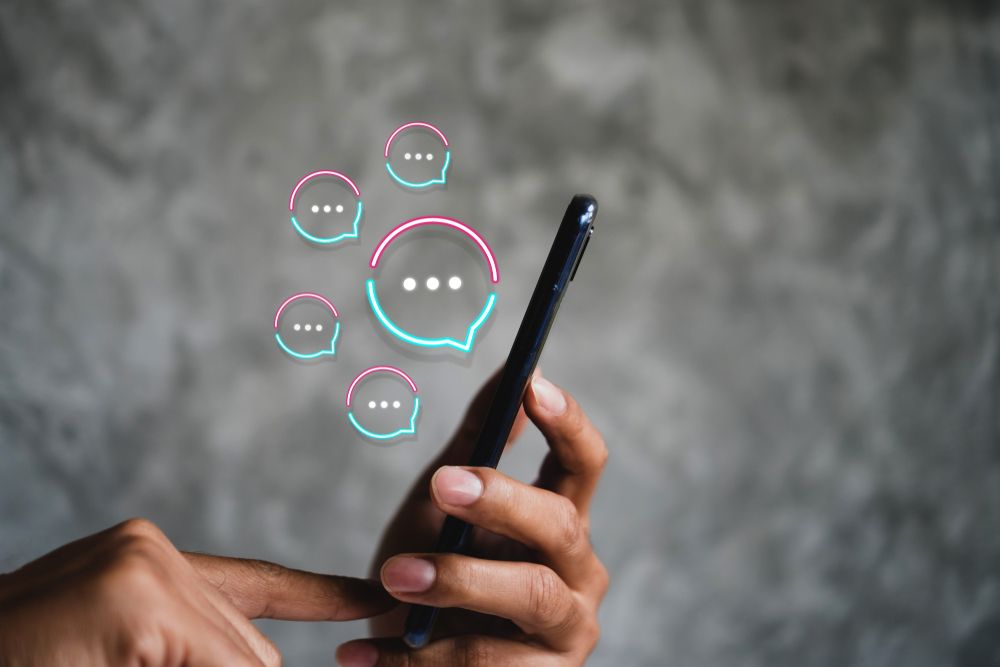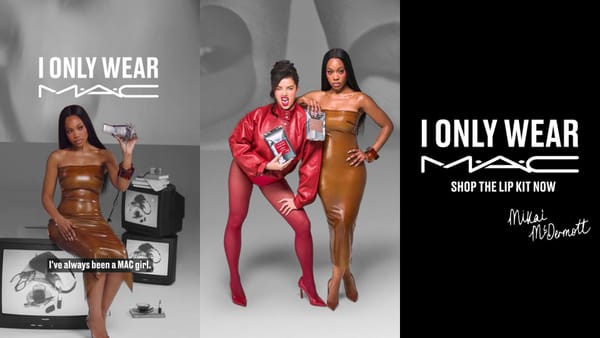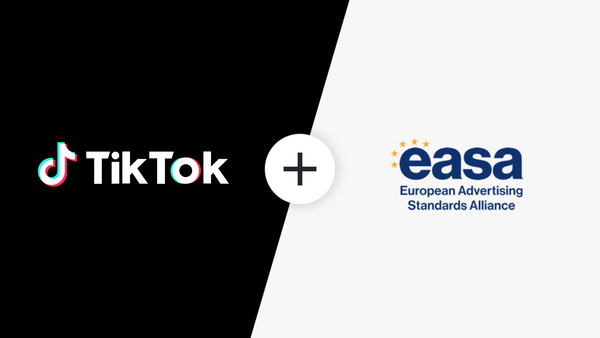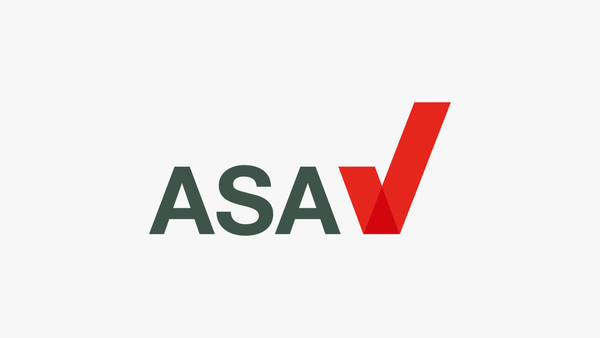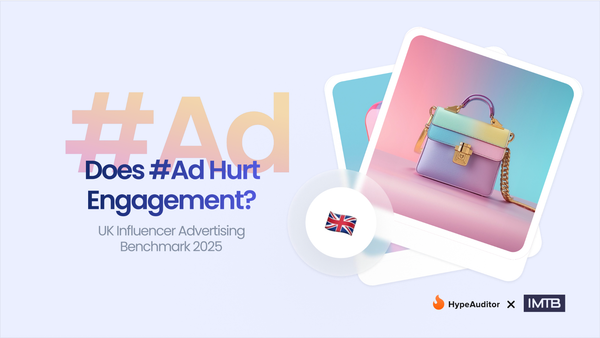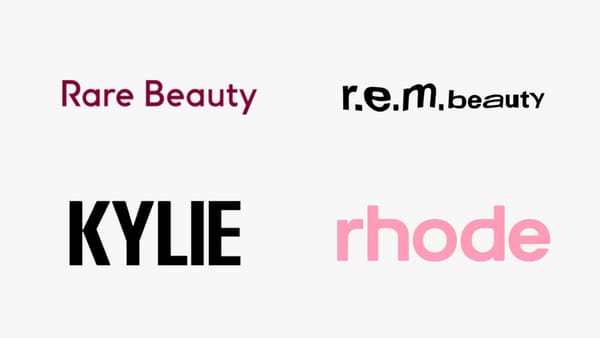Coronavirus is shaking up business and consumer habits across the globe. According to online marketplace IZEA’s latest study, 66% of social media users believe their social media usage habits will increase significantly in the event they are confined to their home due to the Coronavirus. This may come as no surprise given consumers won’t have much else to do when social distancing and self-isolating.
IZEA surveyed 949 US internet users to help predict how consumer behaviours might change in the event of a COVID-19 lockdown, which some countries are already facing. Out of those surveyed, 64% expect their YouTube usage to increase, followed by a 63% increase in Facebook, and a 43% increase in Instagram usage.
When it comes to buying habits, 99% of respondents said that if they are stuck at home, they’ll likely make online purchases, 92% of which would be grocery items versus in-store during confinement. The likes of Amazon.com, Walmart.com and major national grocers are expecting a sharp rise in consumer ordering.
The findings highlight that “as more consumers are confined to their homes, there will be a significant surge of social media content creation and consumption,” and “marketers have the opportunity to connect with a captive audience seeking content, services, and entertainment,” said Ted Murphy, founder and CEO of IZEA.
The impact on brands and influencers
As parents homeschool children, people look to home improvement and crafts to keep busy while in confinement, and the elderly make online grocery purchases perhaps for the first time, brands and influencers have an opportunity to connect in a new way.
“The surge in social media usage combined with uncertainty in the global markets will have impacts on the influencer marketing ecosystem. We see significant opportunity for brands to connect with an audience that is hungry for content, education, and online social experiences,” commented Murphy.
However, as social media usage increases, so will competition, meaning brands will need to stand out from the crowd. This presents a great opportunity for brands to increase their overall value to audiences. In a time of stress and uncertainty, consumers tend to value advertising messages from those they follow and trust, making it important for influencers and brands to communicate with consumers in an authentic, sensitive way.
In addition, unlike media buys, influencer marketing involves real people that rely on income so brands also need to be thoughtful and respectful in how they work with influencers during this time in order to create a winning outcome. IZEA recommends marketers focus on driving more content for the same influencer spend and consider mixed influencer compensation models and revised structures to manage costs and improve overall ROI.
“Brands will see their influencer marketing dollars go further than they have in recent years and certain sectors stand to benefit significantly from these price improvements. We expect brands will react relatively quickly to the changing environment and adjust their overall campaign spending to reflect the surge in social media consumption as it unfolds.
“Influencers of all sizes will have to adjust to a new normal, too. The lack of in-store events and air travel will be challenging for those who rely on telling experiential types of brand stories most, and they will have to adapt their content expeditiously,” continued Murphy.

